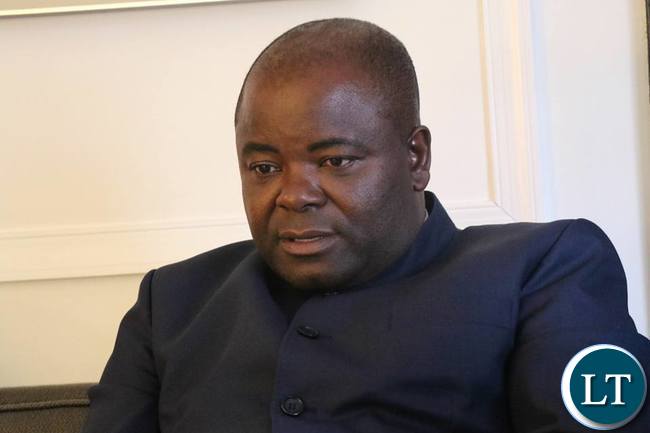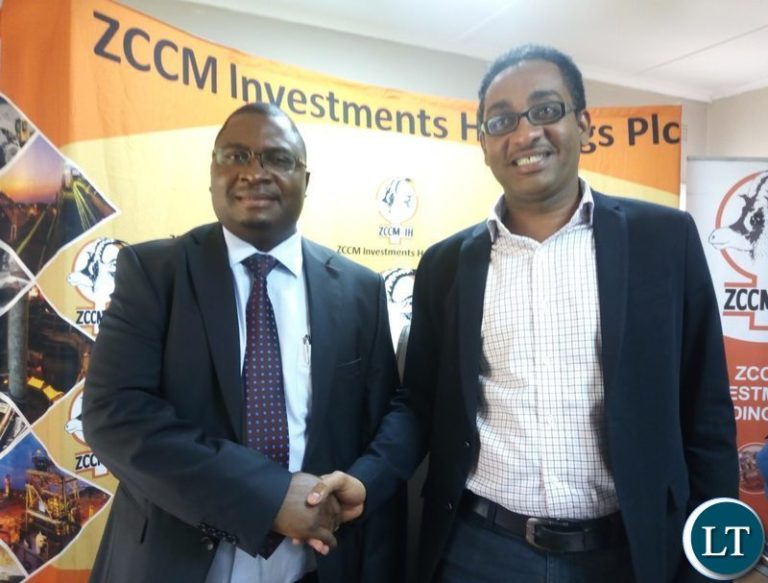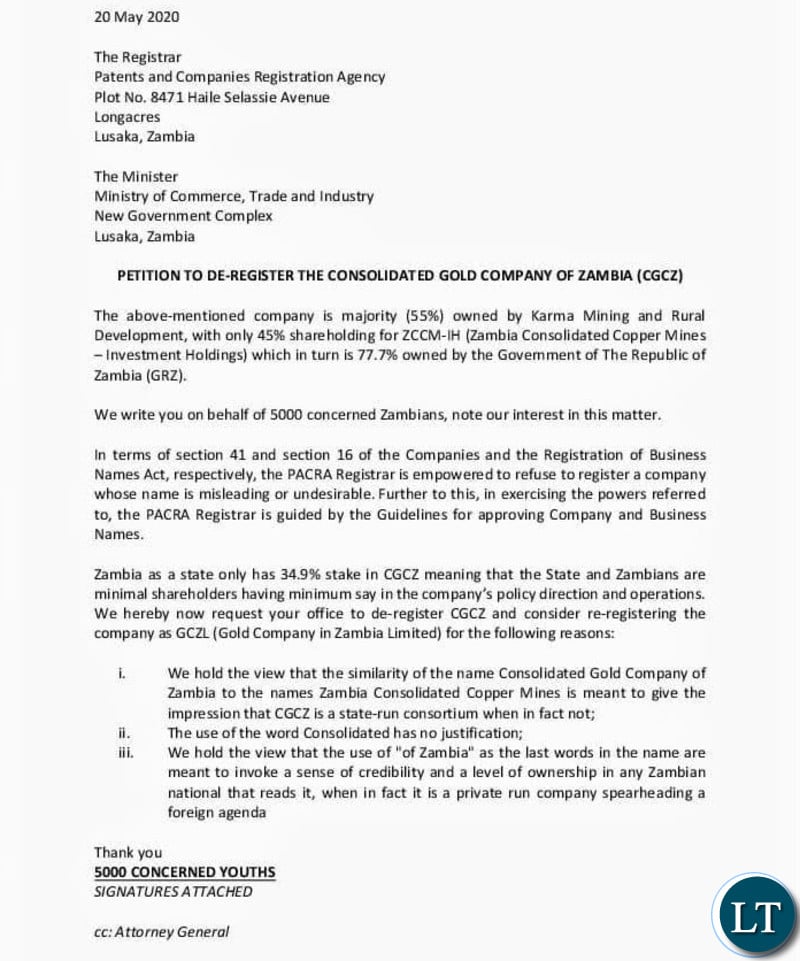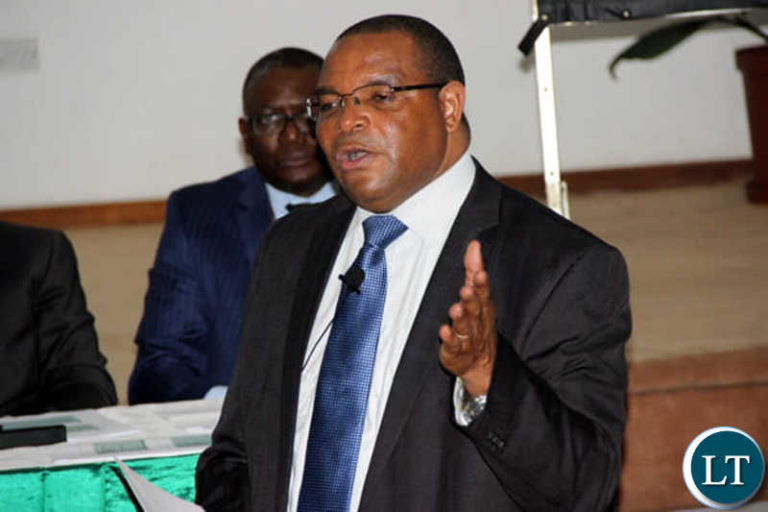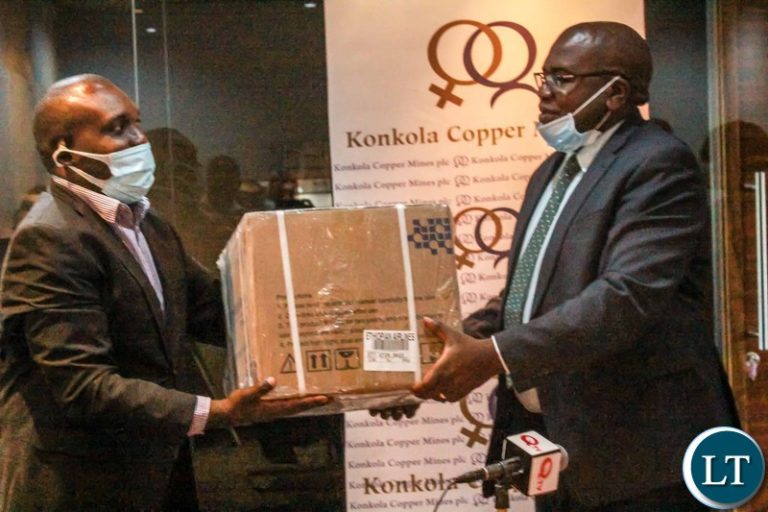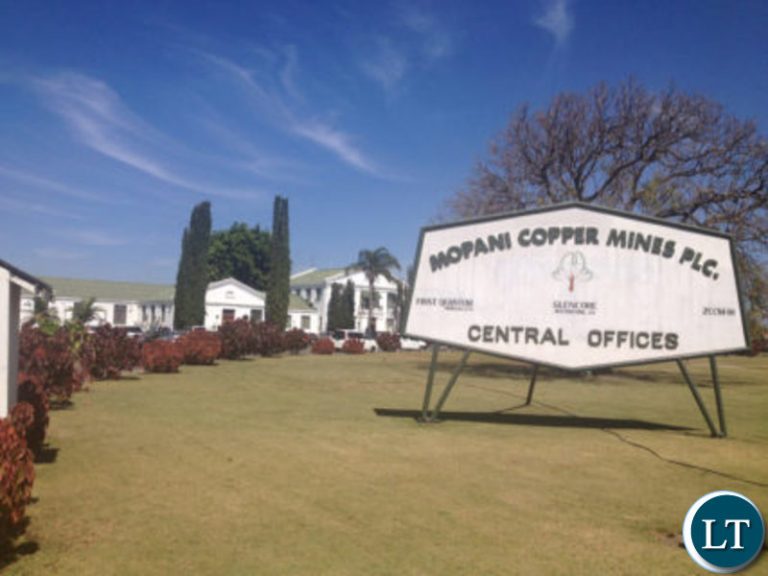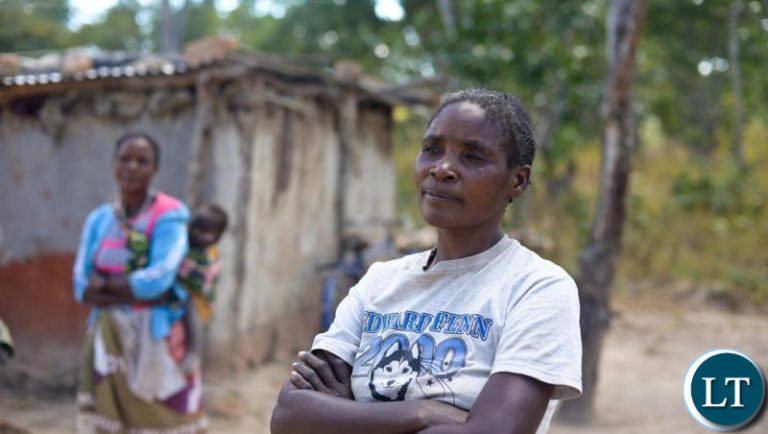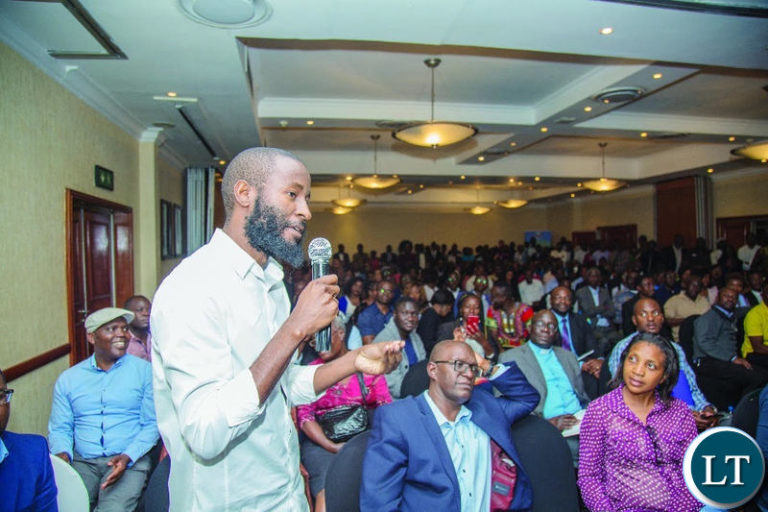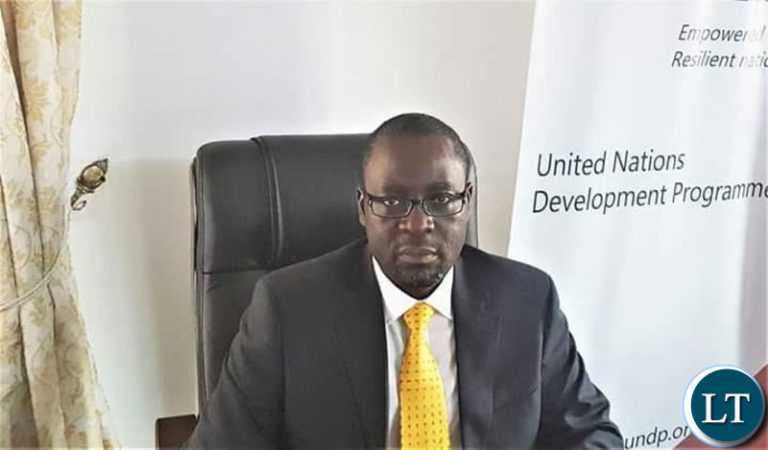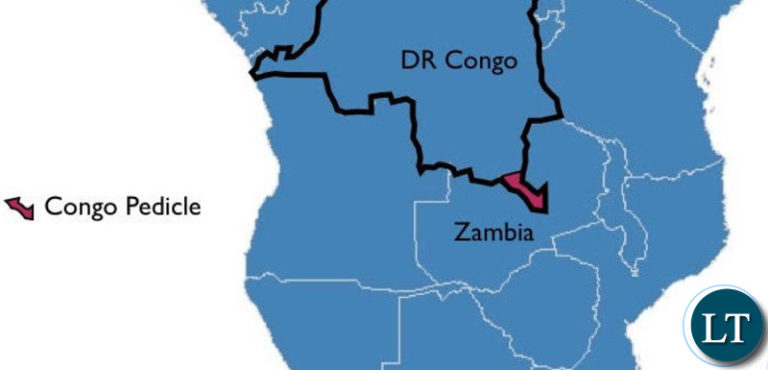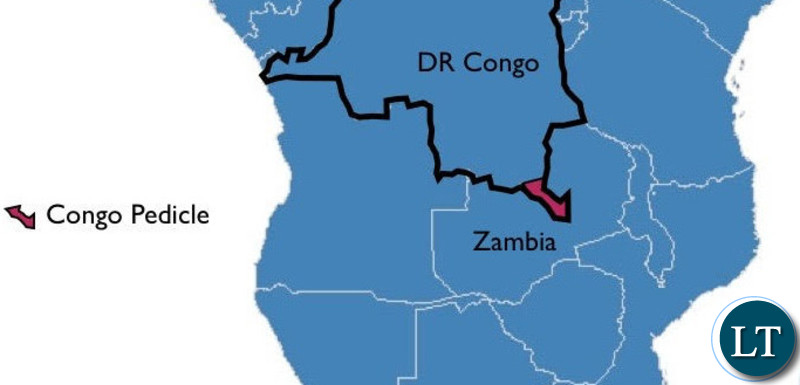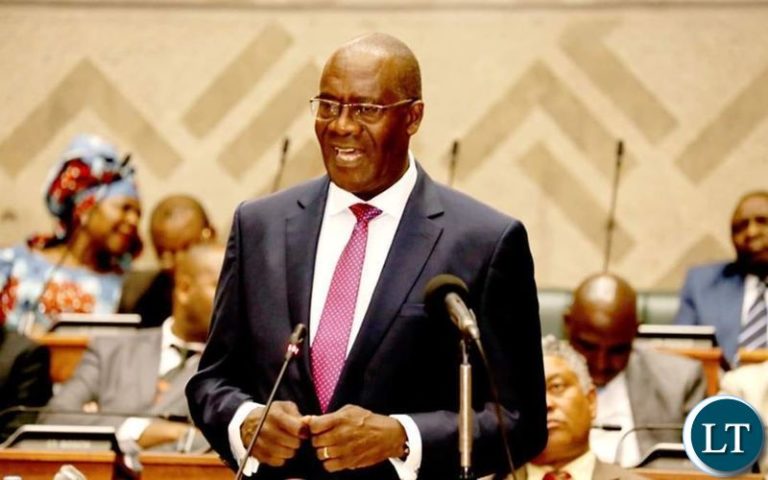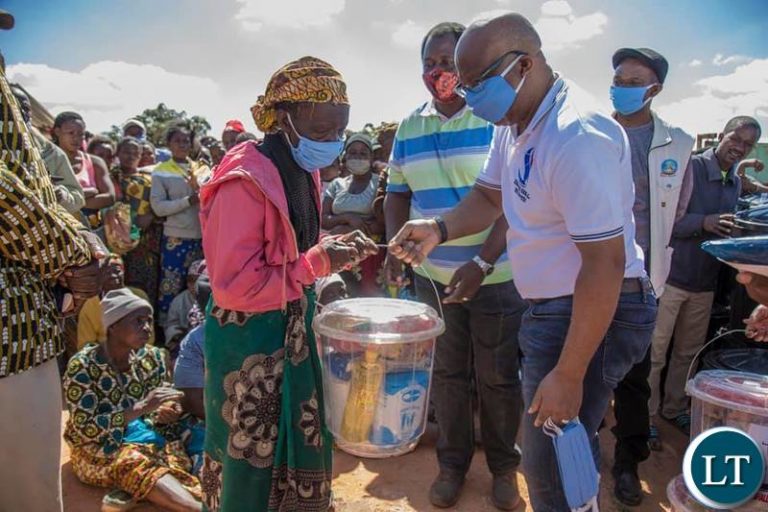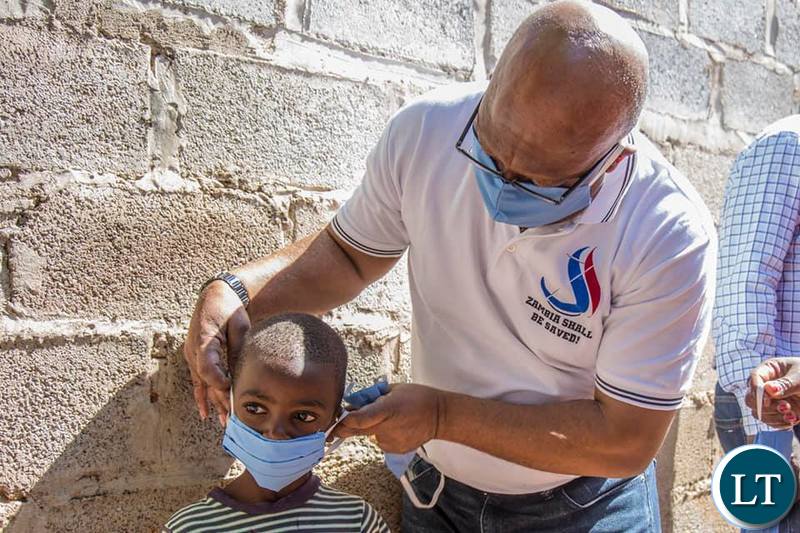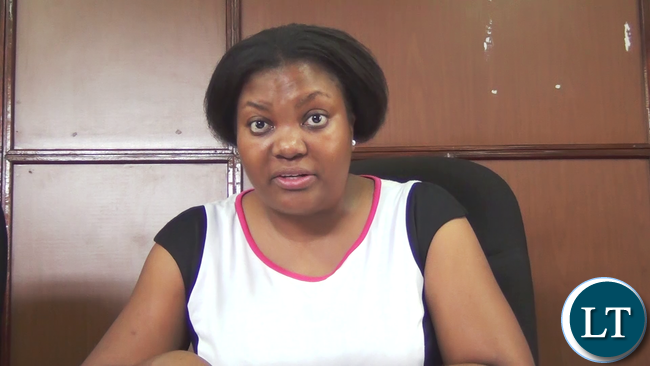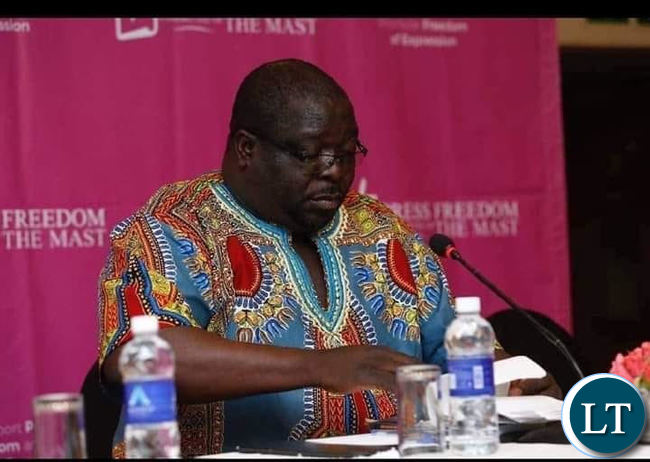The Drug Enforcement Commission through the Anti-Money Laundering Investigations Unit in the first quarter of 2020 arrested 40 people from 17 concluded cases involving over K17.4 million.
The Unit received a total of 63 reports during the first quarter of 2020, involving K30, 313,058.18 and $7, 292.00.
Commission Public Relations Officer Theresa Katongo said 60 percent of the cases involved fraud, 21 percent theft, and 19 percent other types of predicate offenses.
Meanwhile, Mrs. Katongo said two convictions were recorded in cases under the Anti-Money Laundering Investigations Unit during the quarter under review.
Below is a full statement….
Lusaka, Wednesday, 20th May 2020
Drug Interdiction
The Drug Enforcement Commission in the first quarter of 2020 recorded 1 013 arrests for various drug-related offenses countrywide, representing a twenty (20) per cent reduction from 1, 279 arrests recorded in the same period in 2019.
Of the total arrests recorded for drug-related offenses 959 comprised males and fifty-four (54) females. The total arrests also included 75 juveniles.
Further, of the total arrests, 167 convictions were recorded with 31 cases disposed of through other legal provisions while 514 cases were still pending at various stages of the court process at the end of the quarter under review. The Commission seized cannabis plants, herb and seeds totaling 18.77 tons, compared to 13.47 tons recorded in the same period in 2019, thereby representing an increase of 39.3 percent while other seizures included 110.6 Kg of miraa and 1.07 Kg of heroin.
Money laundering and Counterfeit Notes
The Commission through the Anti-Money Laundering Investigations Unit (AMLIU) arrested forty (40) people from seventeen (17) concluded cases involving a total of ZMW17, 408, 598.00. The Unit received a total of sixty-three (63) reports during the first quarter of 2020, involving ZMW30, 313,058.18 and $7, 292.00 United States Dollars. Sixty (60) per cent of the cases involved fraud, 21 per cent theft, and 19 per cent other types of predicate offences.
Meanwhile, two (2) convictions were recorded in cases under the Anti-Money Laundering Investigations Unit during the quarter under review.
Drug Demand Reduction
The Commission through the National Education Campaign Division (NECD) conducted a total of 533 awareness activities from which 85, 931 people were sensitised through institutions of learning, community and workplace programmes as part of the drug demand reduction strategy.
Further, the Commission attended to 210 clients aged between 13 and 46 years under the counselling and reintegration programme, with the primary drugs of abuse being cannabis, alcohol, heroin and codeine.
Overview
The Commission has continued to monitor the trends of drug trafficking and money laundering with a view to curtailing the illicit vices as mandated in the Narcotic Drugs and Psychotropic substances Act Chapter 96 of the Laws of Zambia and Prohibition and Prevention of Money Laundering Act No. 14 of 2001 as amended by Act 44 of 2010.
We wish to warn perpetrators behind the vices of illicit drug abuse, trafficking and money laundering to desist from the acts as the Commission will be on hand to ensure all offenders are brought to book. We urge members of the public to continue supporting the Commission in the fight against illicit drugs and money laundering.
Issued by:
Theresa Katongo
Public Relations Officer
Drug Enforcement Commission


